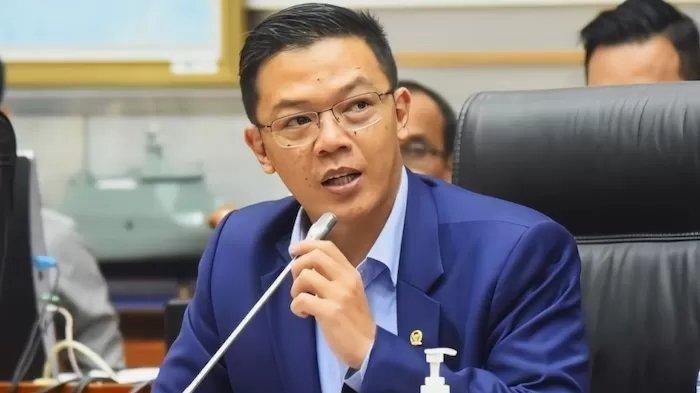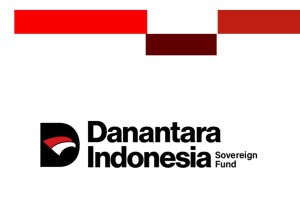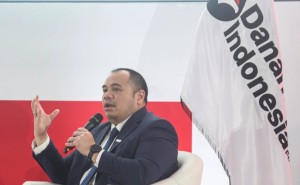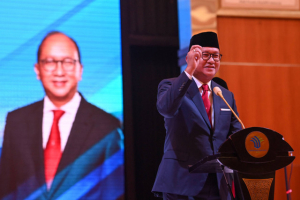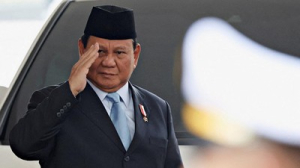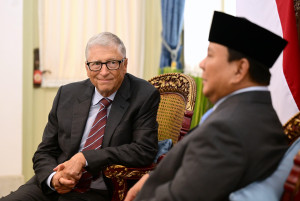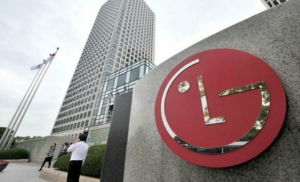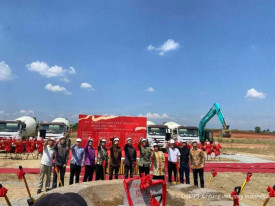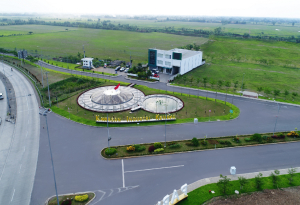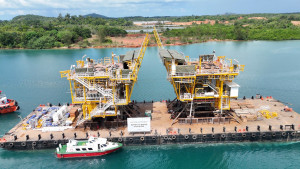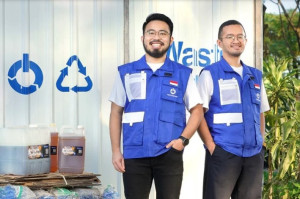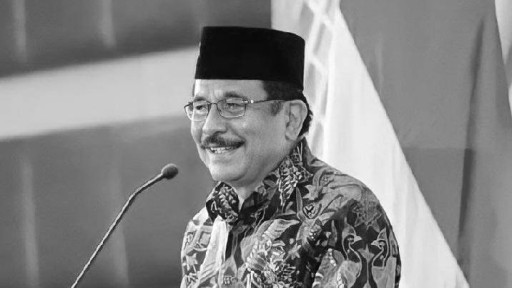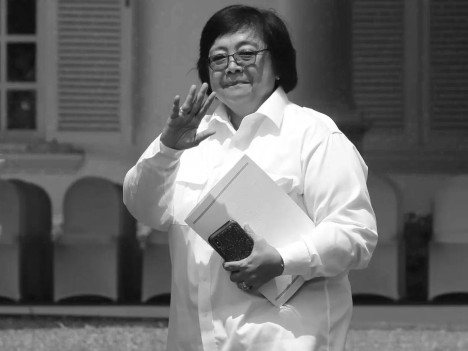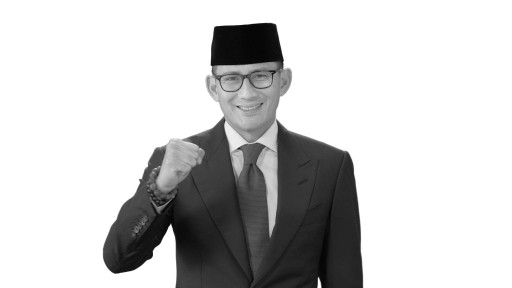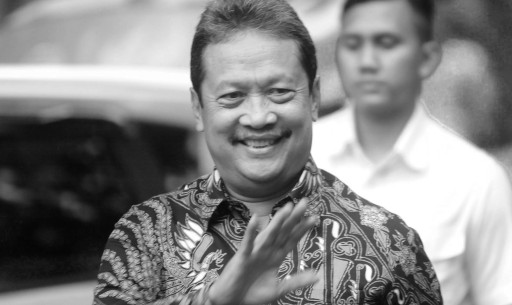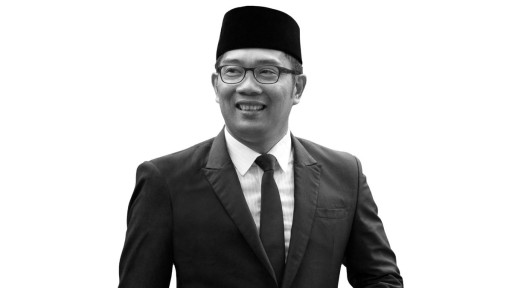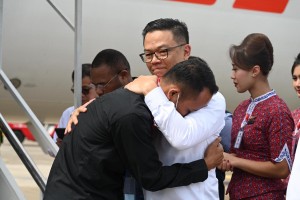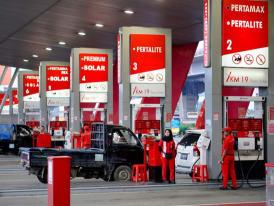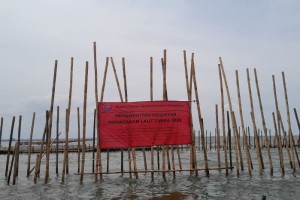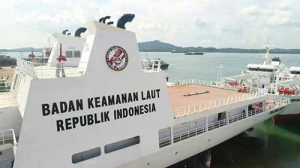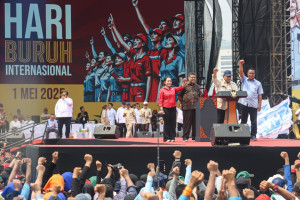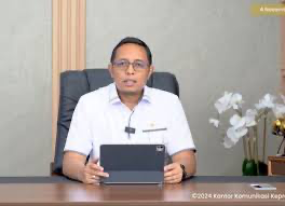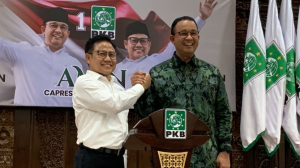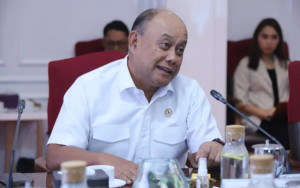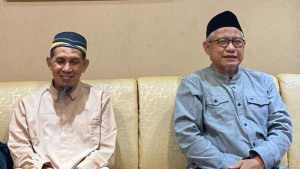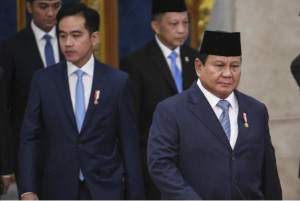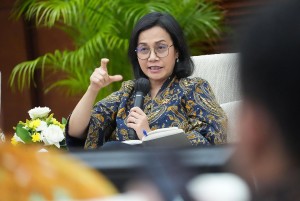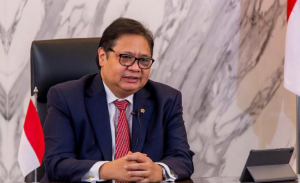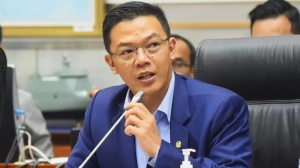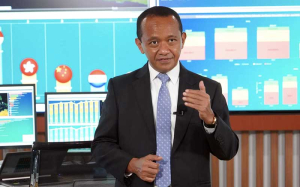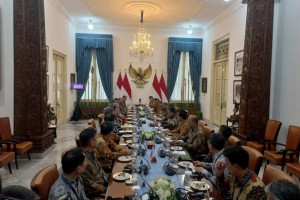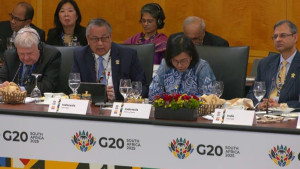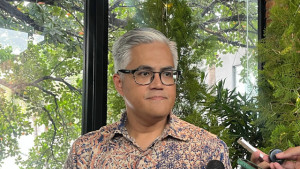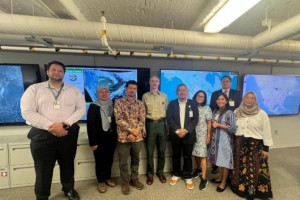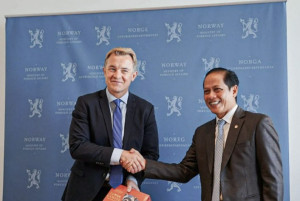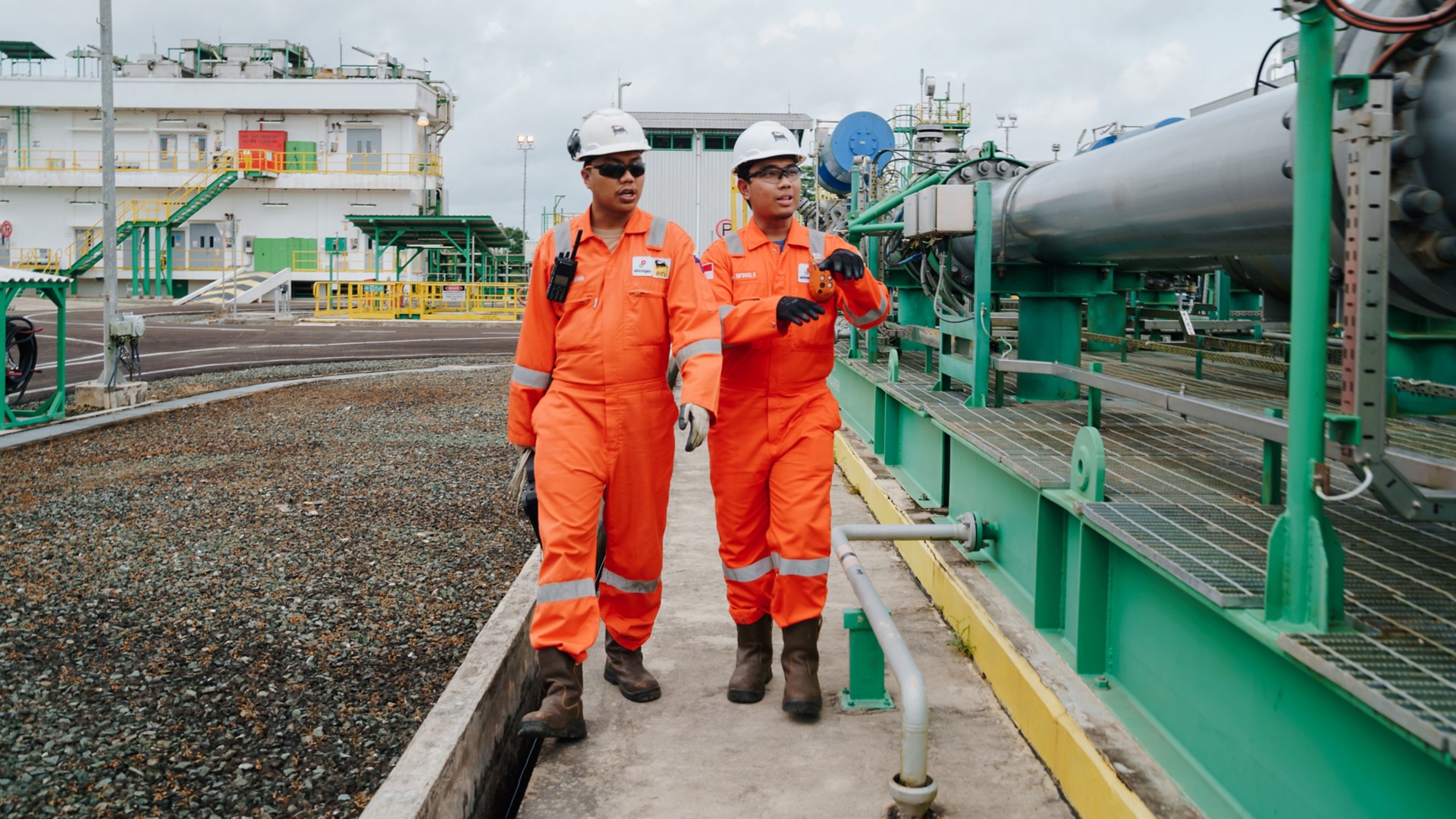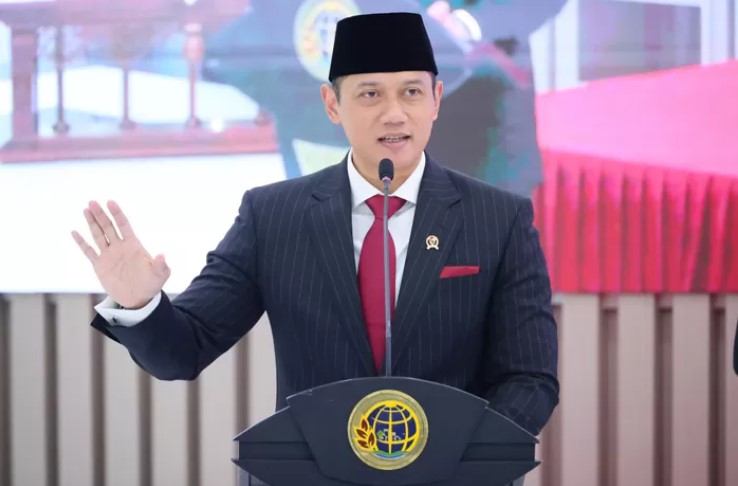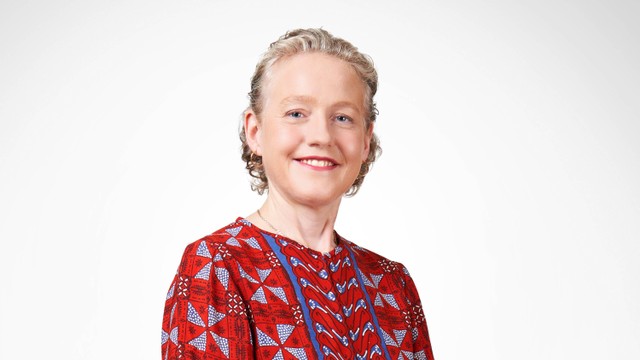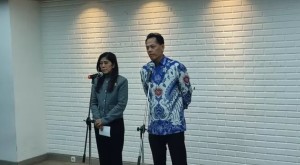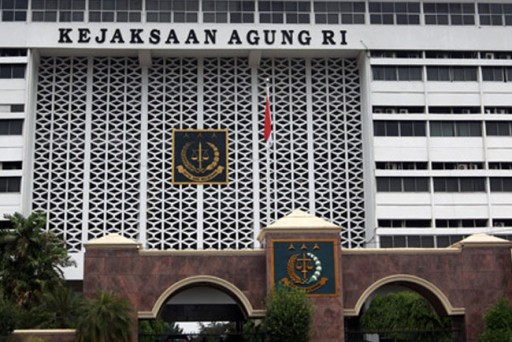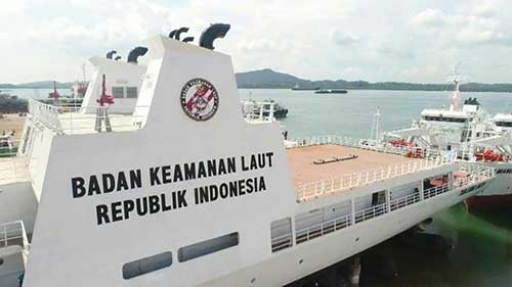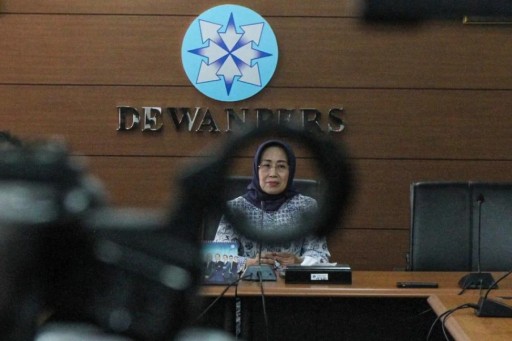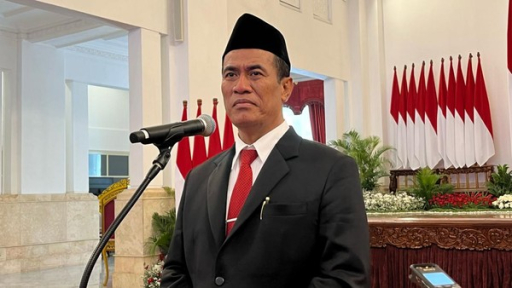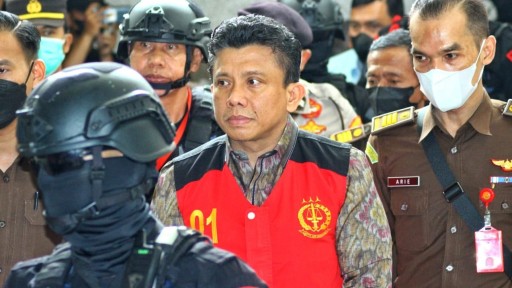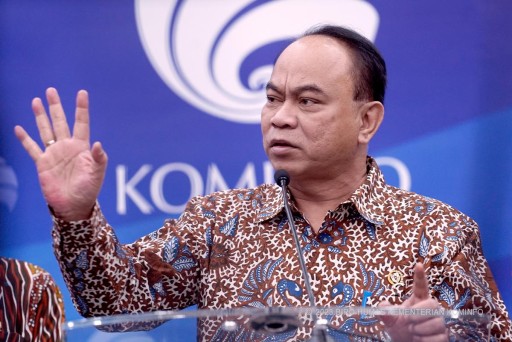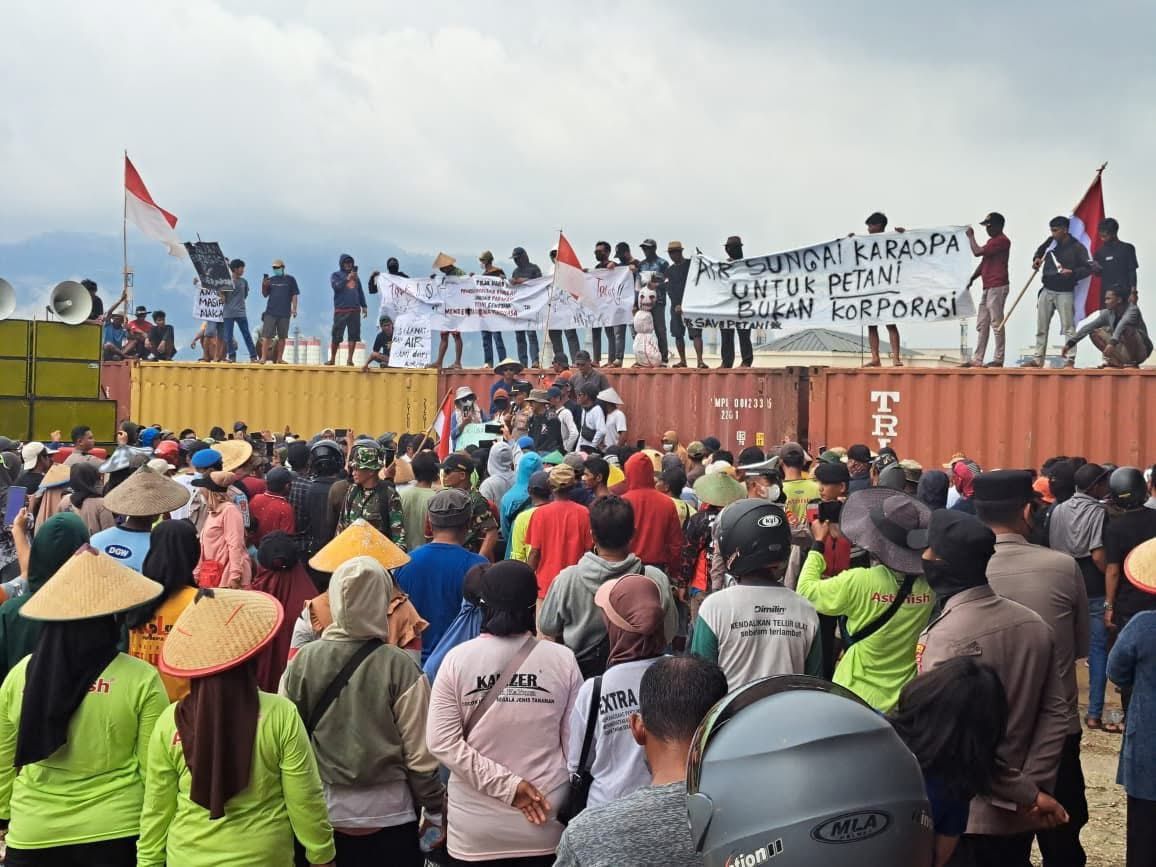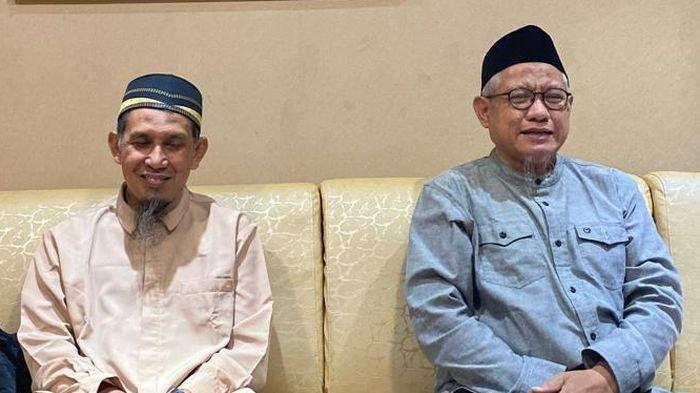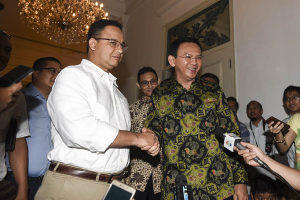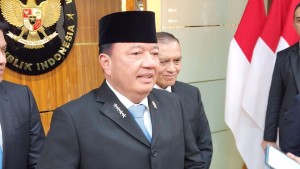Minister of Energy and Mineral Resources (ESDM), Bahlil Lahadalia, has hinted that the government plans to grant the special mining business (IUPK) extension to PT Freeport Indonesia and acquire the additional 10 percent divestment share from the mining company early next year.“In shaa Allah [God Willing], the target to secure additional 10 percent shares and grant the permit extension can be completed next year. It depends on the results of Freeport’s communication with us,” Bahlil said on Thursday, October 31, 2024.He cited that he is currently waiting for results of the final negotiation with Freeport after a delay due to a minor fire incidents at its factory.“One their team is settled with the incident, we will start the talking again,” he said.Then President Joko Widodo has signed a government regulation that will allow PT Freeport Indonesia to submit for an extension of their Special Mining Permit (IUPK) after 2041. In exchange of the extension, Freeport MacMoran will divest 10 percent of its share to the Indonesian government.The government issued in May 2024 Government Regulation No. 25/2024, which is a revision to Government Regulation No. 96/2021 on the Implementation of Mineral and Coal Mining Activities.The revised regulation has articles 195A and 195B to complement the previous regulation. It opens up the opportunity for Freeport to apply for a license extension no later than one year before the end of the period of Production Operation activities.Bahlil said the permit extension will be good for Indonesia because currently 50 percent of the company shares already belong to Indonesian government. While the rest of the shares are owned by Freeport McMoran.PTFI signed the Contract of Work (CoW) in 1976 for 30 years and should have ended in 1997. Before the contract expired, PTFI discovered a bigger gold reserve at Grasberg mine. The company then submitted a second contract extension in 1991. The second contract has a clausal on divestment of 51 percent of the company’s shares to the Indonesian government.After a long negotiation, in 2018, Freeport-McMoRan announced that it divested its ownership in PTFI so that Indonesia could own 51 percent shares of the company. In return, the CoW was replaced by a Special Mining Business License (IUPK) with the mining rights to 2041 and that Freeport will build a new smelter.President’s U.S. visitBahlil said that as a technical minister on energy and mineral resources, he has the job to provide data on energy and mining issues for the President in his upcoming international trips in early November, including to the US.However, he said, he did not know wether the president will talk about Freeport issue with the U.S. government or not.

